Vallabhbhai Patel (1875-1950) – Letter - a handwritten letter from Patel, whilst imprisoned in Nasik Road Central Prison; Central Prison Nasik Road Date: 02.05.34 Dear sister Nanduben I received your letter dated 27th April 1934. I think even you might not have expected of Jitu getting passed in such a way. I even wrote him a few days ago, that don’t worry if you get failed. Also, now that the exam is coming in a frequent months, so it should not be felt too much. It is the great grace of God if gets out of the sickness before that. Dahyabhai was about to come to Ahmedabad. He must have met you. Babo has gone to Panchgini. I received a letter of Maniben the last week. Well, there is nothing special to worry about. It seems all of her programs have been arranged. It has been almost five months in a short while. Now another ten months are remained. From that two months are going to complete so now another eight months are left. It does not take too much for days to pass. It seems that now the disease have come to end in Ahmedabad, and it is very good news. Balubhai has gained reputation. There is no news of Mrudula. It seems such to me in writing letter. She does not have any idea what is Jyoti Sangh. Nothing has been seen in the newspaper. It might be good if Jitu could have come home for a few days. He might get disturbed/confused being alone. I have wrote him a letter yesterday. I hope you must have written one to him too. I could not get what happened to Narendra. I hope Haribhai and Lilavati both are well. Hoping that doctor is also in good health. Yours, Vallabhbhai. Stamped to top 'Superintendent - Nasik Road Central Prison' with an official's signature. Written in black ink to a single side. Some folds, tears and loss. Very fragile. 22.5cm x 17cm, approx. Upon the failure of the Round Table Conference in London, Gandhi and Patel were arrested in January 1932 when the struggle re-opened, and imprisoned in the Yeravda Central Jail. During this term of imprisonment, Patel and Gandhi grew close to each other, and the two developed a close bond of affection, trust, and frankness. Their mutual relationship could be described as that of an elder brother (Gandhi) and his younger brother (Patel). Despite having arguments with Gandhi, Patel respected his instincts and leadership. In prison, the two discussed national and social issues, read Hindu epics, and cracked jokes. Gandhi taught Patel Sanskrit. Gandhi's secretary, Mahadev Desai, kept detailed records of conversations between Gandhi and Patel. When Gandhi embarked on a fast-unto-death protesting the separate electorates allocated for untouchables, Patel looked after Gandhi closely and himself refrained from partaking of food. Patel was later moved to a jail in Nasik, and refused a British offer for a brief release to attend the cremation of his brother Vithalbhai, who had died in October 1933. He was finally released in July 1934. Vallabhbhai Jhaverbhai Patel (31 October 1875 – 15 December 1950), endeared as Sardar, was an Indian statesman. He served as the first Deputy Prime Minister of India from 1947 to 1950. He was a barrister and a senior leader of the Indian National Congress, who played a leading role in the country's struggle for independence, guiding its integration into a united, independent nation. He was one of the conservative members of the Indian National Congress. In India and elsewhere, he was often called Sardar, meaning "chief" in Hindi, Urdu, and Persian. He acted as the Home Minister during the political integration of India and the Indo-Pakistani War of 1947. One of Mahatma Gandhi's earliest political lieutenants, he organised peasants from Kheda, Borsad, and Bardoli in Gujarat in non-violent civil disobedience against the British Raj, becoming one of the most influential leaders in Gujarat. He was appointed as the 49th President of Indian National Congress, organising the party for elections in 1934 and 1937 while promoting the Quit India Movement.
Vallabhbhai Patel (1875-1950) – Letter - a handwritten letter from Patel, whilst imprisoned in Nasik Road Central Prison; Central Prison Nasik Road Date: 02.05.34 Dear sister Nanduben I received your letter dated 27th April 1934. I think even you might not have expected of Jitu getting passed in such a way. I even wrote him a few days ago, that don’t worry if you get failed. Also, now that the exam is coming in a frequent months, so it should not be felt too much. It is the great grace of God if gets out of the sickness before that. Dahyabhai was about to come to Ahmedabad. He must have met you. Babo has gone to Panchgini. I received a letter of Maniben the last week. Well, there is nothing special to worry about. It seems all of her programs have been arranged. It has been almost five months in a short while. Now another ten months are remained. From that two months are going to complete so now another eight months are left. It does not take too much for days to pass. It seems that now the disease have come to end in Ahmedabad, and it is very good news. Balubhai has gained reputation. There is no news of Mrudula. It seems such to me in writing letter. She does not have any idea what is Jyoti Sangh. Nothing has been seen in the newspaper. It might be good if Jitu could have come home for a few days. He might get disturbed/confused being alone. I have wrote him a letter yesterday. I hope you must have written one to him too. I could not get what happened to Narendra. I hope Haribhai and Lilavati both are well. Hoping that doctor is also in good health. Yours, Vallabhbhai. Stamped to top 'Superintendent - Nasik Road Central Prison' with an official's signature. Written in black ink to a single side. Some folds, tears and loss. Very fragile. 22.5cm x 17cm, approx. Upon the failure of the Round Table Conference in London, Gandhi and Patel were arrested in January 1932 when the struggle re-opened, and imprisoned in the Yeravda Central Jail. During this term of imprisonment, Patel and Gandhi grew close to each other, and the two developed a close bond of affection, trust, and frankness. Their mutual relationship could be described as that of an elder brother (Gandhi) and his younger brother (Patel). Despite having arguments with Gandhi, Patel respected his instincts and leadership. In prison, the two discussed national and social issues, read Hindu epics, and cracked jokes. Gandhi taught Patel Sanskrit. Gandhi's secretary, Mahadev Desai, kept detailed records of conversations between Gandhi and Patel. When Gandhi embarked on a fast-unto-death protesting the separate electorates allocated for untouchables, Patel looked after Gandhi closely and himself refrained from partaking of food. Patel was later moved to a jail in Nasik, and refused a British offer for a brief release to attend the cremation of his brother Vithalbhai, who had died in October 1933. He was finally released in July 1934. Vallabhbhai Jhaverbhai Patel (31 October 1875 – 15 December 1950), endeared as Sardar, was an Indian statesman. He served as the first Deputy Prime Minister of India from 1947 to 1950. He was a barrister and a senior leader of the Indian National Congress, who played a leading role in the country's struggle for independence, guiding its integration into a united, independent nation. He was one of the conservative members of the Indian National Congress. In India and elsewhere, he was often called Sardar, meaning "chief" in Hindi, Urdu, and Persian. He acted as the Home Minister during the political integration of India and the Indo-Pakistani War of 1947. One of Mahatma Gandhi's earliest political lieutenants, he organised peasants from Kheda, Borsad, and Bardoli in Gujarat in non-violent civil disobedience against the British Raj, becoming one of the most influential leaders in Gujarat. He was appointed as the 49th President of Indian National Congress, organising the party for elections in 1934 and 1937 while promoting the Quit India Movement.
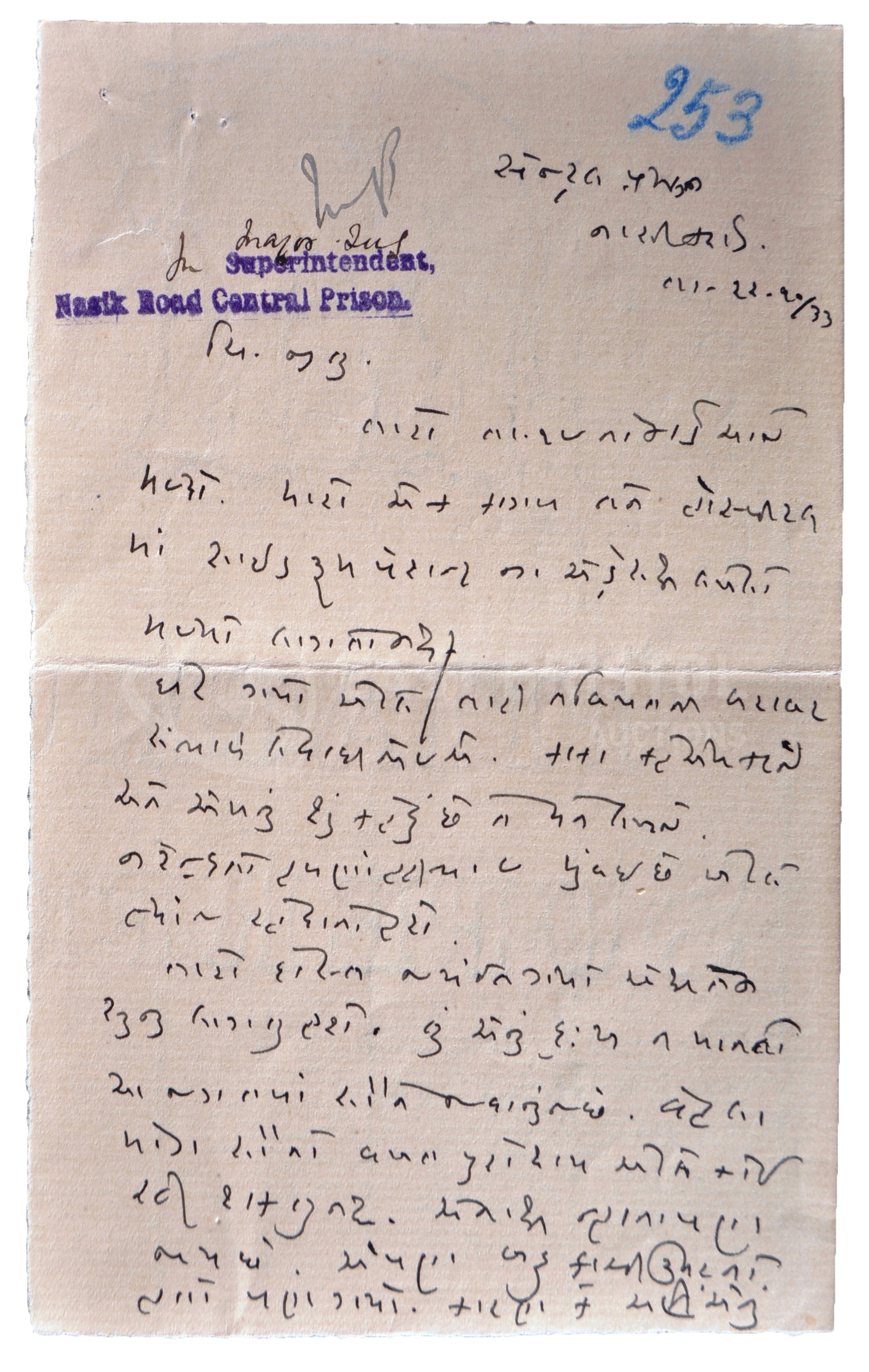

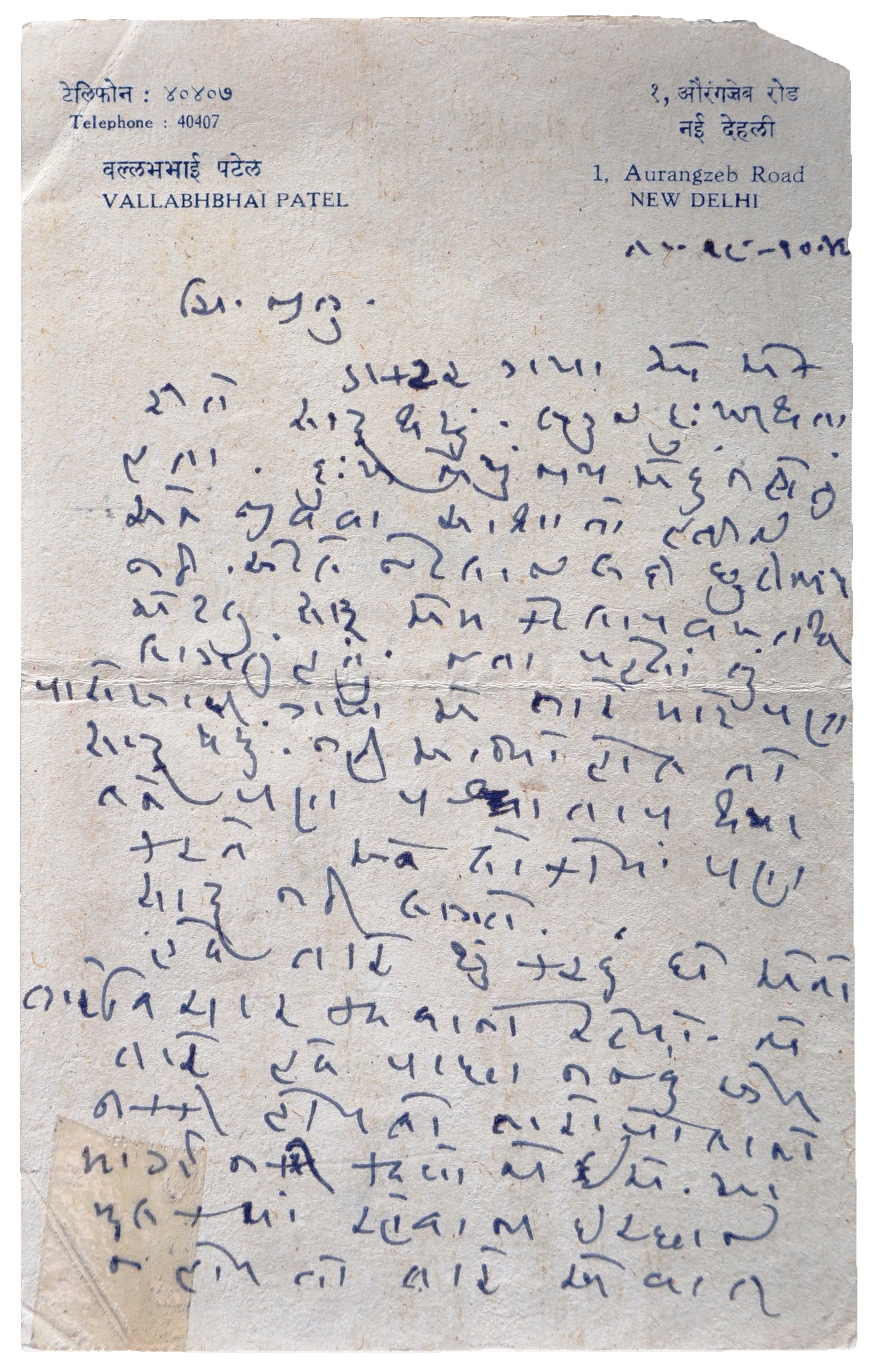

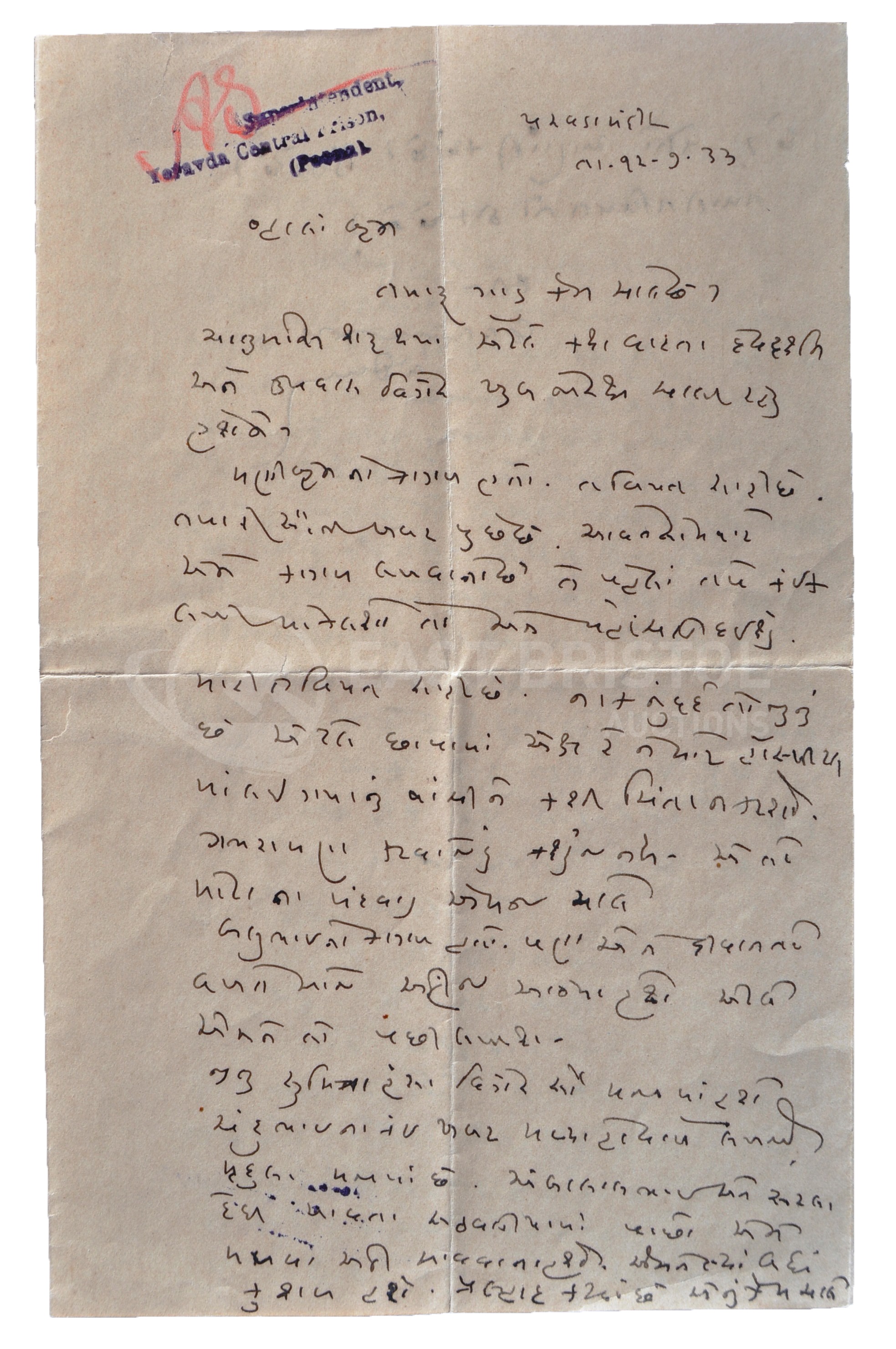

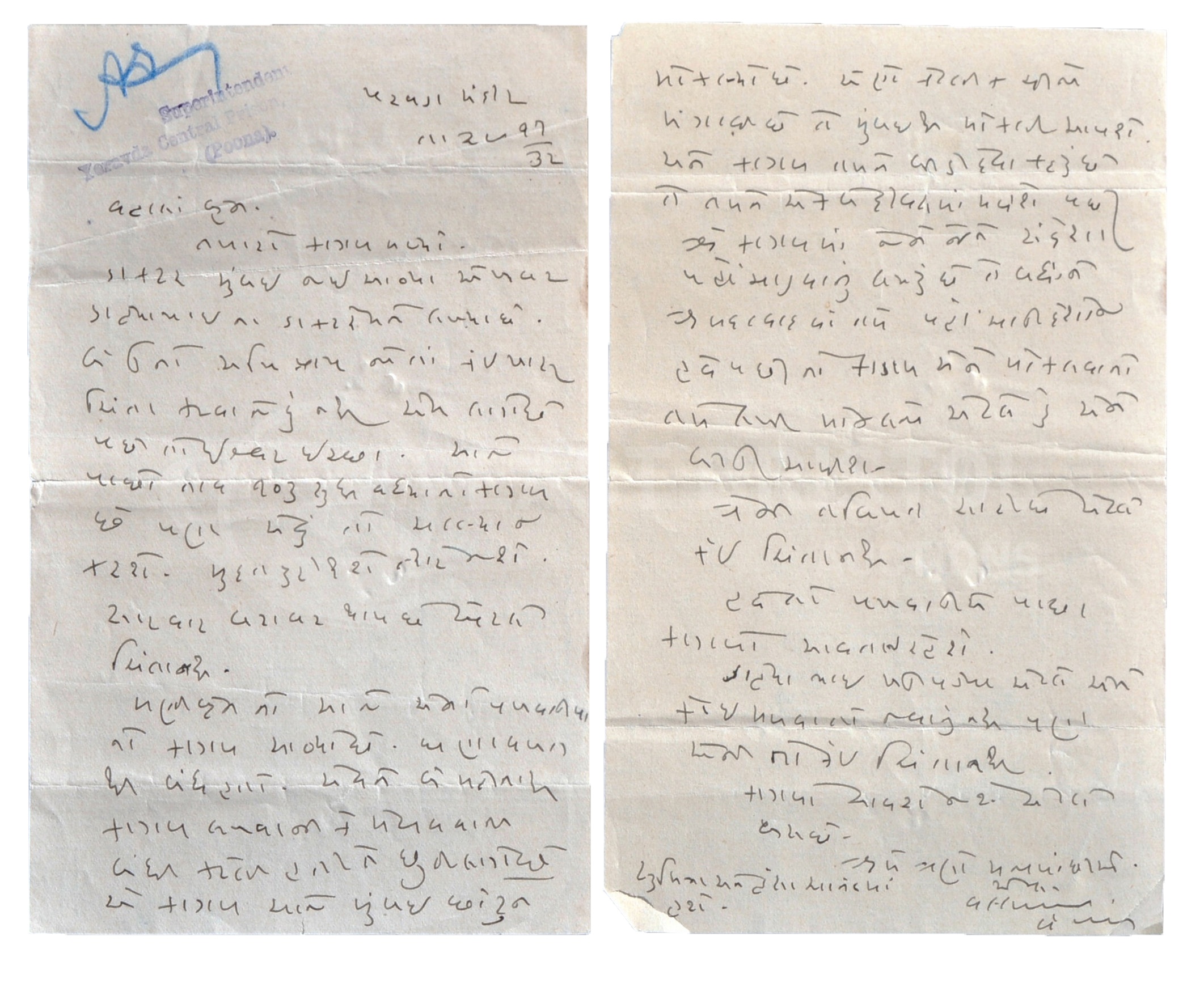


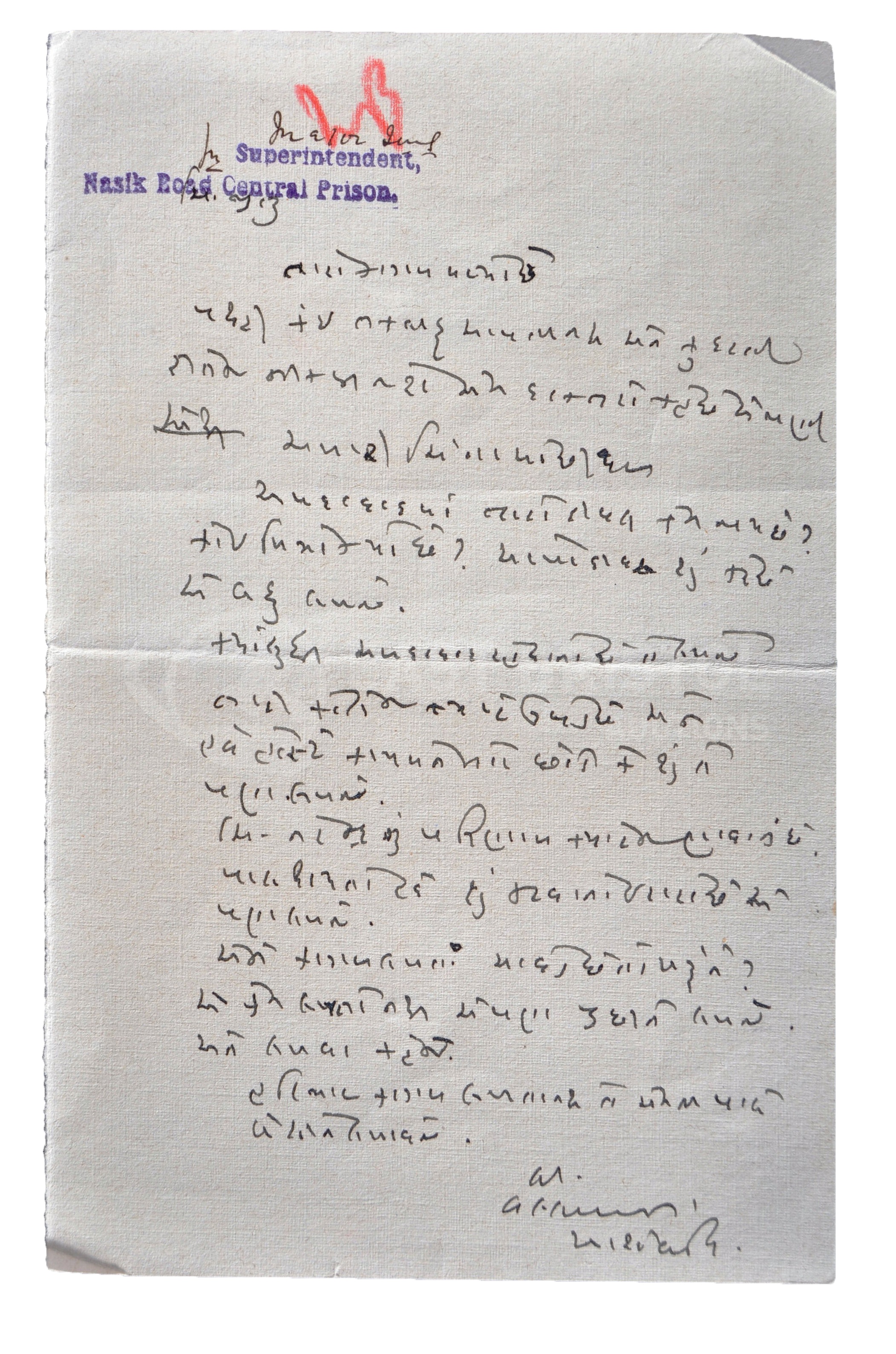
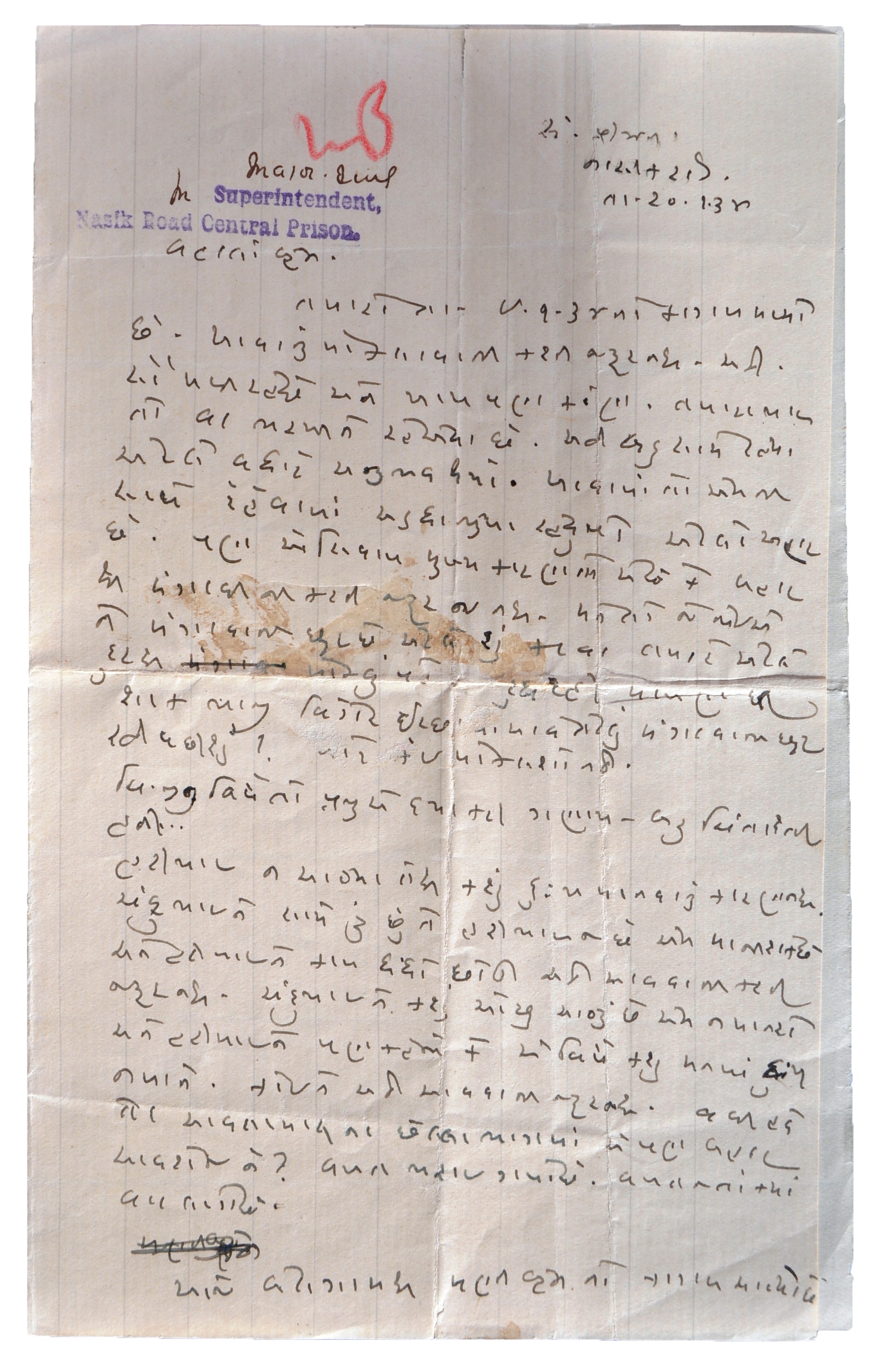



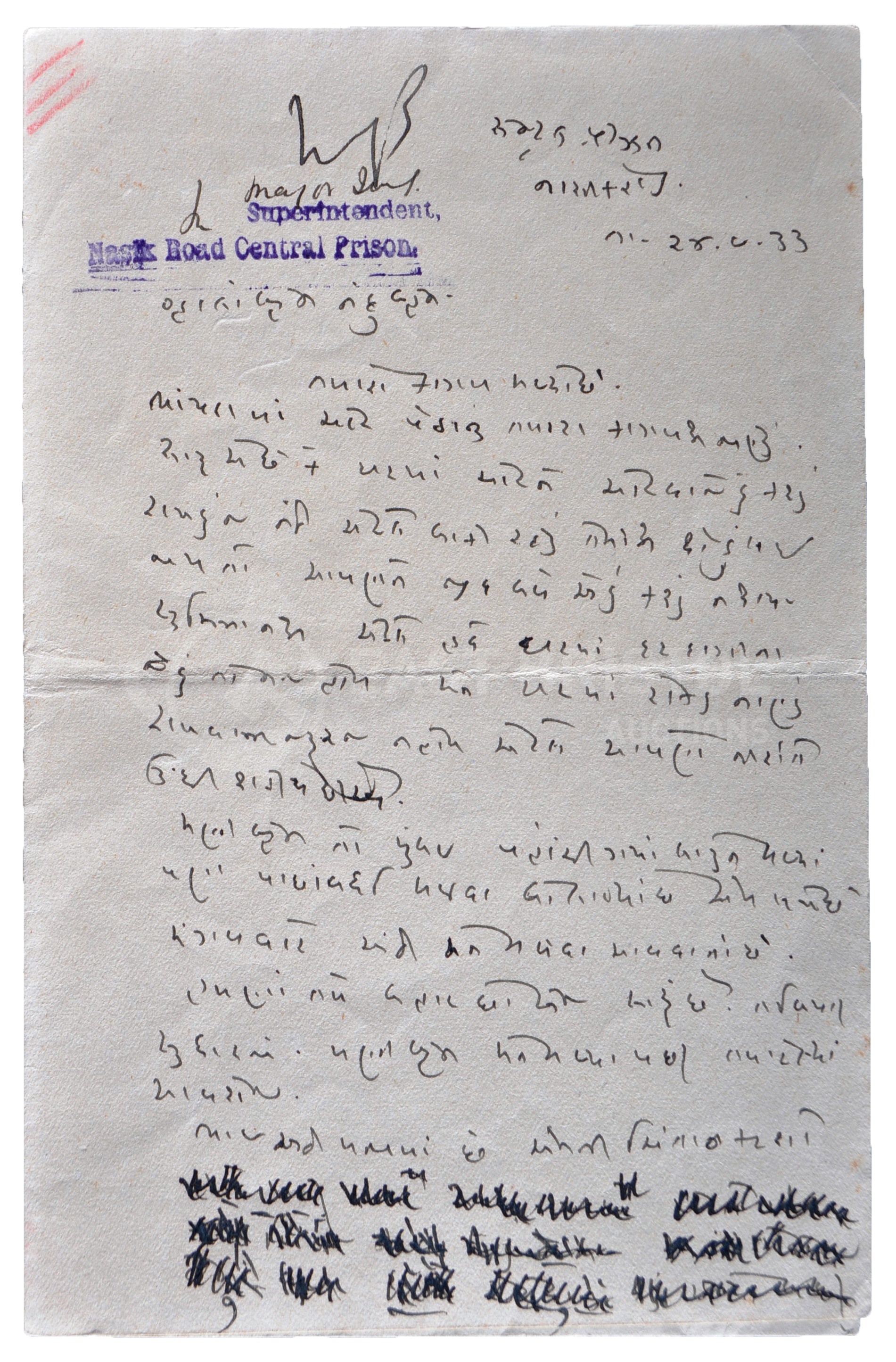
Testen Sie LotSearch und seine Premium-Features 7 Tage - ohne Kosten!
Lassen Sie sich automatisch über neue Objekte in kommenden Auktionen benachrichtigen.
Suchauftrag anlegen